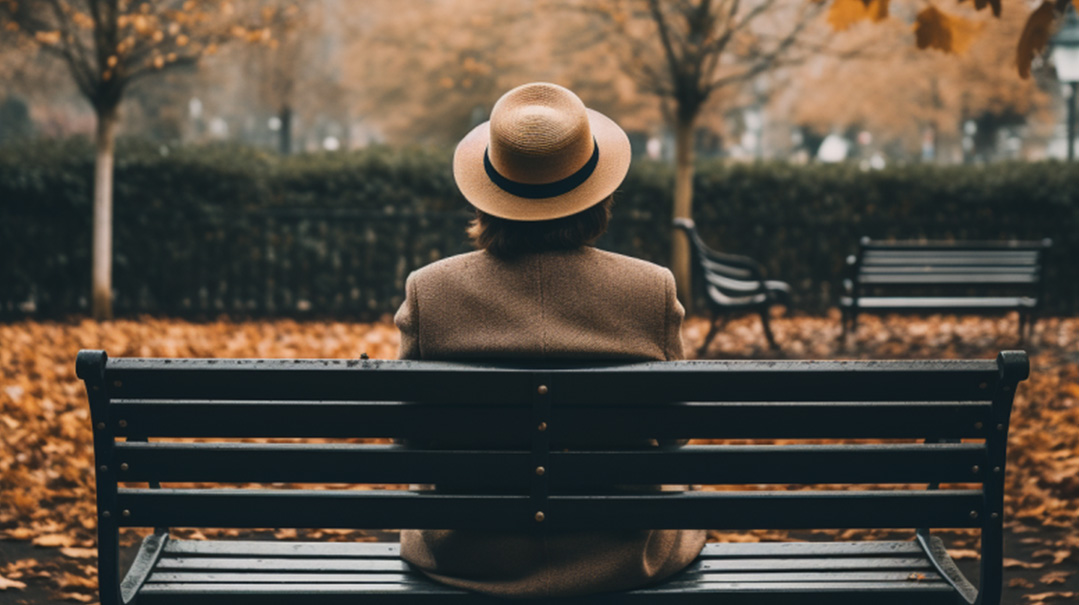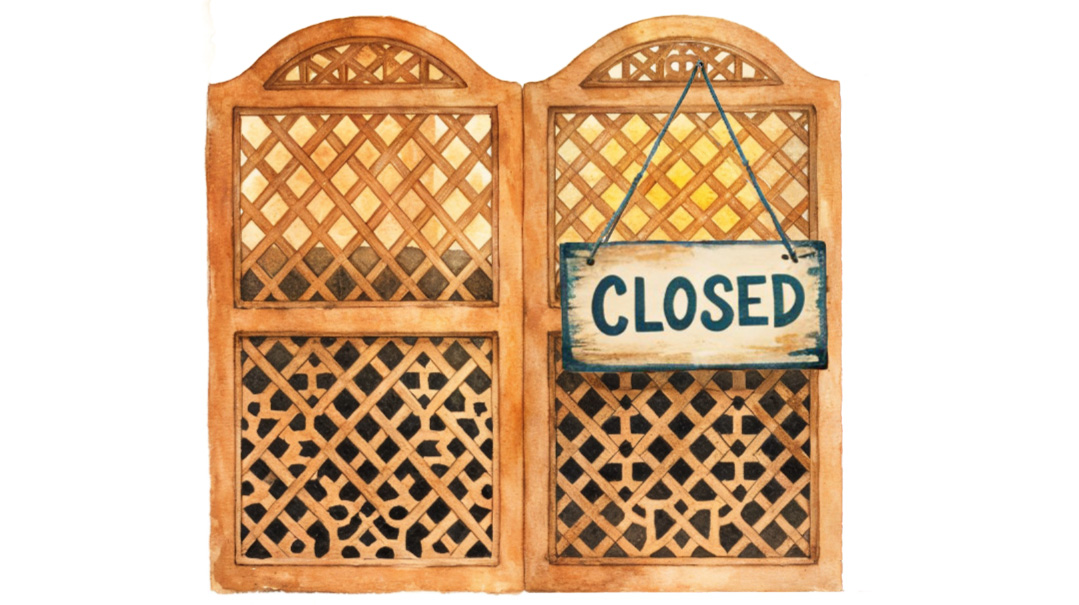Oma’s Prayers
| August 8, 2023“Kinderlach, when you’re on a mountain, never take the easy way down. Always make your way up.”

We all knew she wouldn’t go to an old age home.
Oma used to tell us about her parents who took their elderly parents into their home as they aged. There was no fuss about it. Nothing to discuss. It was a fact. Part of life’s journey. Part of the give and take.
Babbe Sureh, her paternal grandmother, moved in with her family when she was no longer able to run her household by herself. Oma and her siblings gave away their room to make place for an additional mother figure in their home.
They didn’t leave Babbe Sureh alone for a moment, and treated her with utmost respect. Even at the moment of her passing, she was surrounded by her son, daughter-in-law, and grandchildren.
Babbe Rachel, Oma’s maternal grandmother, also moved in when she grew old.
It was only natural for our dear Oma to pray her entire life to be granted koichos to live on her own until the very end.
“But why? It will be fun to have you in our home!” I exclaimed when she once let out a sigh and complained about watching her sister live with her children.
“I don’t want to become a burden,” she answered me simply.
She didn’t want to suffer from indignity.
She didn’t want to take. She was a woman who gave.
Oma was such a righteous woman, she was unafraid of the judgment of the World to Come. She wasn’t scared to die. “Why should I be afraid? I’ve never wronged anyone in my life,” she would say.
When we all went to the beis hachaim on Zeide’s yahrtzeit, she pointed at the empty space next to his tomb and said, “This will be my place.”
We grandchildren would listen in awe as she peacefully said that, fully realizing the meaning of her words.
And yet she was a warm person. She had joie de vivre.
We often reminisce about the stories she told of der alter heim. We were children, and we eagerly listened to our grandmother’s stories, unaware they were laced with suffering. Today, we wonder how a person who experienced so much pain and loss maintained such steadfast emunah and was so incredibly happy.
Oma came from a large and respected family in Hungary. At the age of 17, her mother instructed her, together with her two younger sisters, to flee the town through fields and forests. The Germans invaded their hometown a few days later.
She parted from her mother with a message for life because as her mama hugged her goodbye, she prepared them for the hardships they might encounter, knowing that this may very well be the last time she’d see them: “Kinderlach, when you’re on a mountain, never take the easy way down. Always make your way up.”
Oma used to repeat this line very often, saying that her mother’s wise last words had saved her life, physically and spiritually.
She didn’t ask much from the Ribbono shel Olam. But whatever she asked for, she desired with intensity.
We grandchildren often slept at her house. Our room was adjacent to hers, and at night when all was quiet, we’d hear her talking to her Creator in a simple and direct way. She’d name each child and grandchild, and knew exactly what to ask for each one, knew what everyone needed. She never knew that we’d slip out of our beds and tiptoe out of our room, waiting to hear our own names.
Oma passed away in her own apartment on a beautiful summer day. She had a heart attack only a few minutes after her grandchildren left her house.
It pains me to know she was alone when her neshamah returned to its Creator.
But her tefillos were answered. Her mind and body were fully functional until the very end.
And then she just slipped away.
(Originally featured in Family First, Issue 855)
Oops! We could not locate your form.







